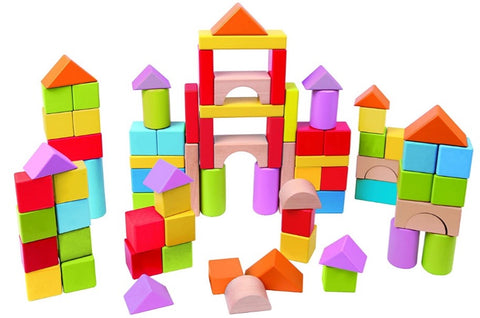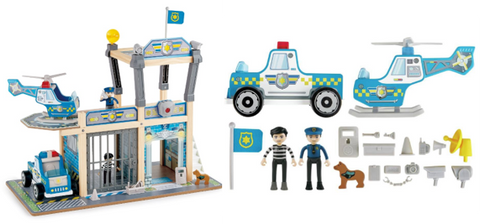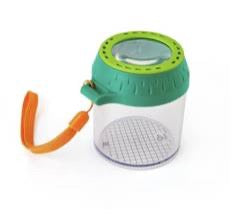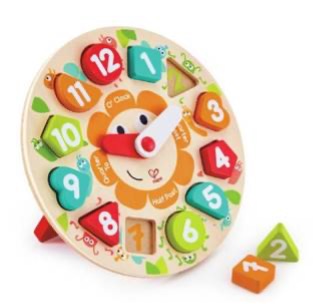When it comes to play, there is more going on than meets the eye. By simply building a tower, there’s a variety of gears turning in your children’s brain developing everything from fine and gross motor skills to shape and colour recognition.
Free Play is a favourite for many parents as it’s easy to set up; give a child some wooden blocks or if you don’t have any on hand, some cardboard loo rolls too and see what they can build. Free play really is a ‘bare-minimum’ activity as you don’t need much, just some imagination.
Free Play is useful to incorporate into your child’s playtime as it helps with:
- problem-solving during conflicts
- improving social competence and self-regulation
- inhibiting impulsive behaviours
- expressing emotions
- learning and following social rules
- supporting the emotional well-being of others
Types of free play
There are four generalised types of free play – Object Play, Pretend Play, Physical/ Rough and Tumble Play and Guided Play, let’s take a look these in a little more detail:
Object Free Play
This type of play helps children to explore objects, learn about their properties, and see if they can transform into new versions. Ideal for that creative, free-flow play as well as a more structured and academic style if you wanted to direct it as a guided-play experience. The Wonderful Beech Blocks are a great example of encouraging objective free play as children can build anything they desire with endless possibilities; with 101 blocks in assorted colours, what more could you need? Plus, children learn success and failure through playing with these blocks - you can build the most beautiful castle but if you are not careful it can all come tumbling down.

Pretend Free Play
Pretend play includes everything from make-believe and fantasy to symbolic and socio-dramatic play. This play type allows children to experiment with different social roles and how they would problem-solve in these situations. So whether it’s pretending to be a swamp princess or a dinosaur lawyer, every game is important. Additionally, pretend play encourages the use of playsets too like our Police Station. These sets teach children to actively imagine themselves as officers, crooks and canines as the detailed two-level station really helps create in-depth imaginary stories.

Physical / Rough & Tumble
A freer type of play that includes a variety of games from a 6-month old playing peek-a-boo or a simple game of chase / tag / it. Ideal for ensuring children get some time outdoors or even just a run around to get some fresh air. Our Explorers Bug Jar is another great way to encourage kids to get outside. With its magnifying lense, they’ll certainly want to get outdoors to discover minibeasts and creepy crawlies. So as they enjoy their time outside they can also develop cognitive and social skills as they explore the great outdoors - win-win!

Guided – A type of play that you’ve certainly read on a parenting blog or seen on a toy website at one point or another. This is when children are actively engaged in activities that are under subtle direction of an adult. The Chunky Clock Puzzle is a great example where children are able to free play but can also benefit from adult guidance by teaching them numbers as well as telling the time.

And there you have it, a brief exploration into the importance of free play for children. We can all agree that living in the moment and simply having fun is one of the purest ways to play, when we’re having fun we learn without realising, which is of course the best way to learn.
Which is what Hape is all about - love play, learn.





